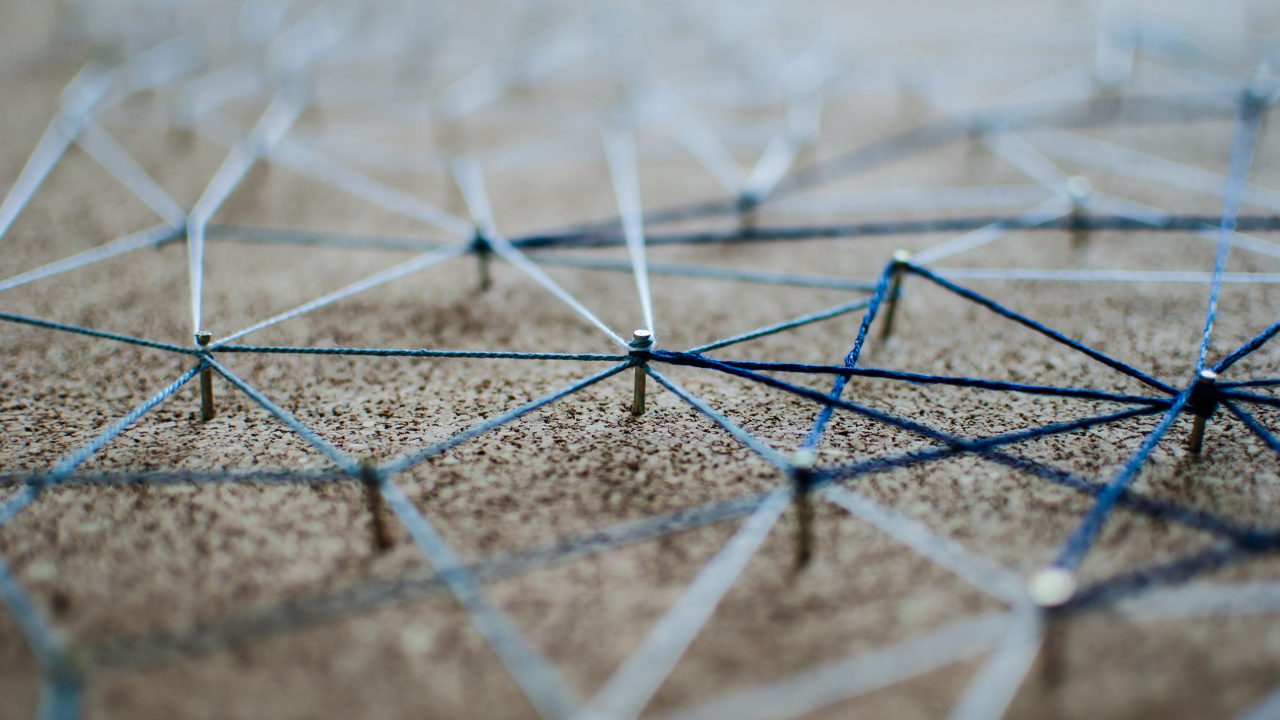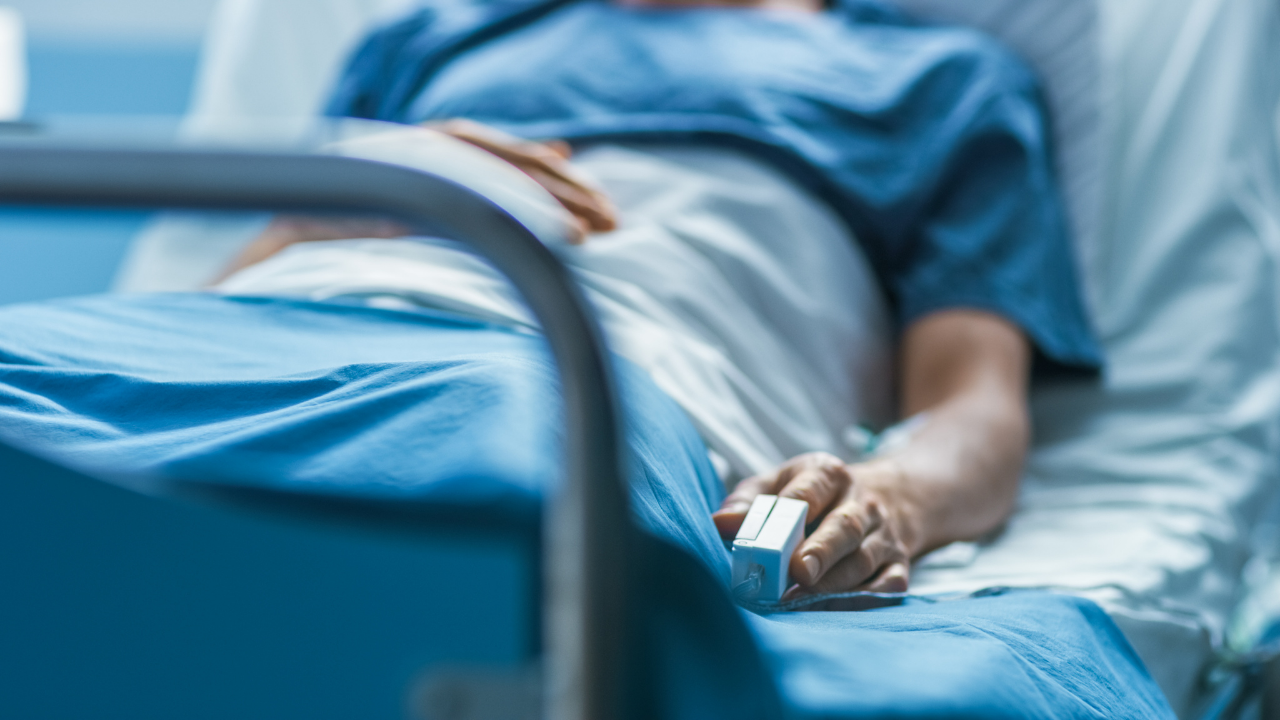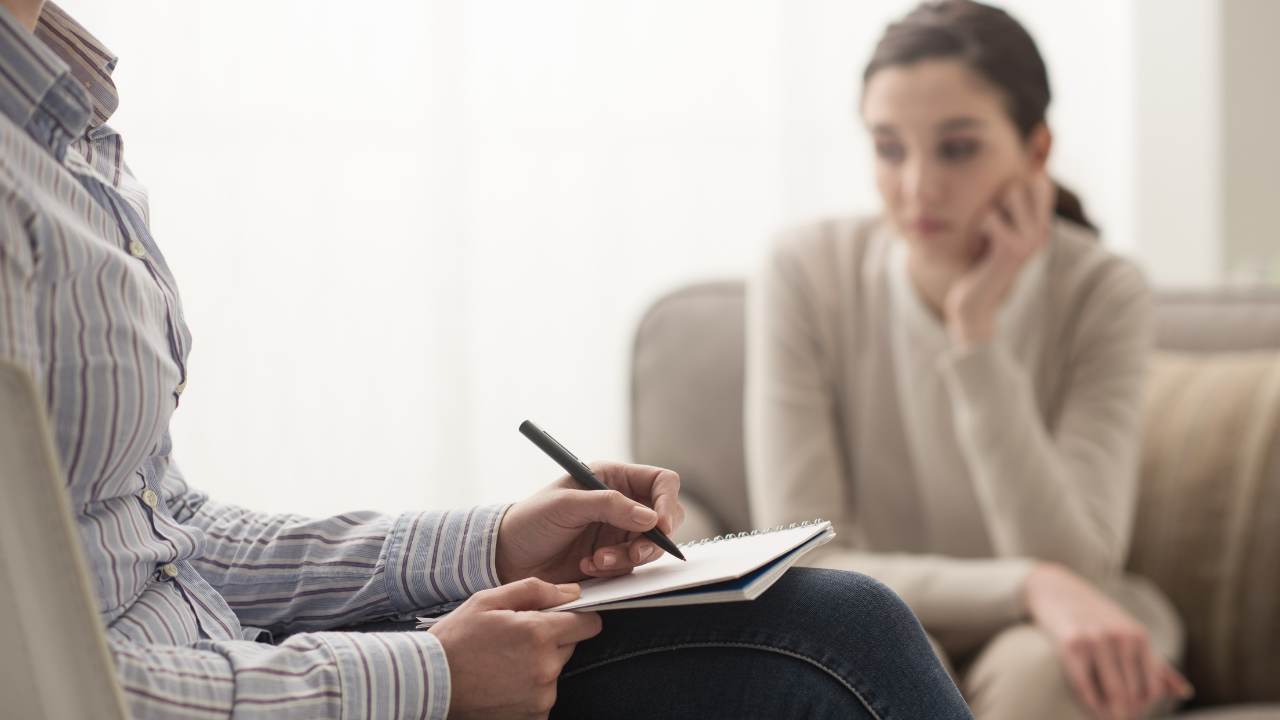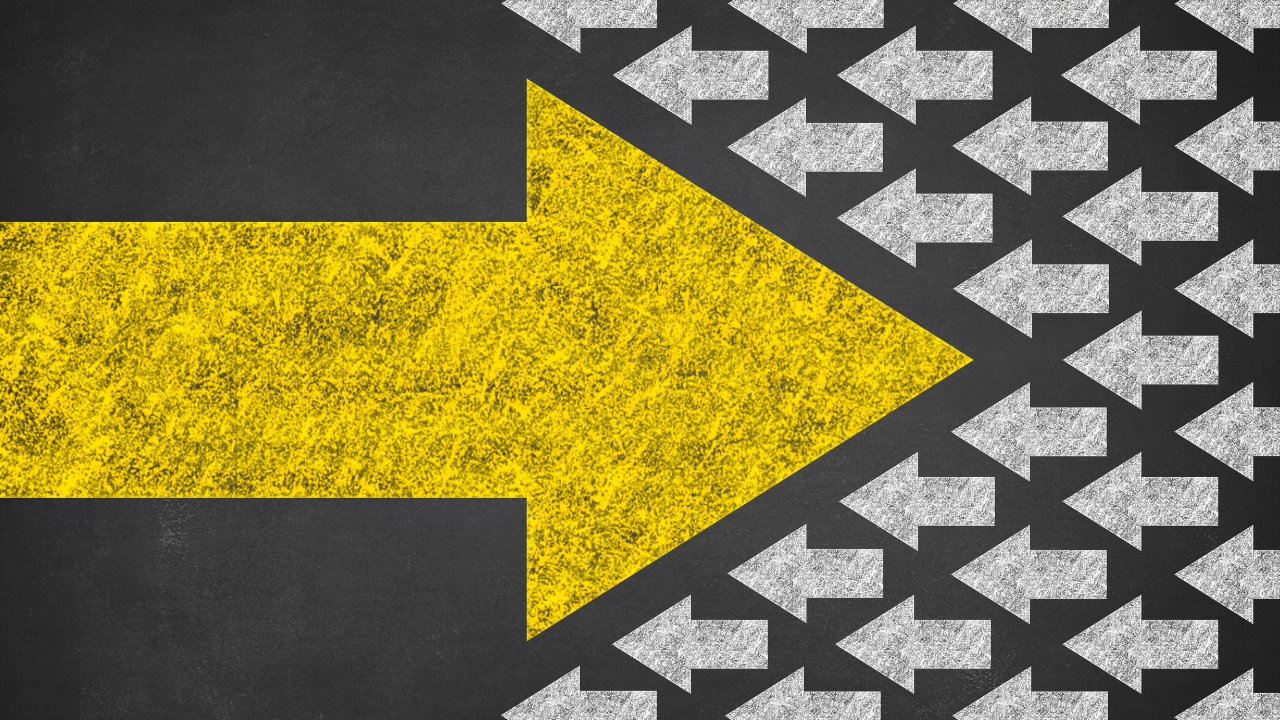Homeopathy Tips Newsletter
Understanding Miasms

Miasm is defined by Hahnemann as a noxious influence or the infectious principle, or virus, which when taken into the organism may set up a specific disease. I prefer to describe it as a predisposition to the expression of a particular disease either inherited, acquired, or acute.
Miasm is a particular study within homeopathy that can be vast and open to much discussion. Plenty has been written about miasms and even to this day, new miasms are being discovered and described.
Hahnemann recognized the mother of all Miasm as Psora. This was the original susceptibility to the itch from scabies. Prior to this was the healthy state of man when susceptibility was limited to only acute, self-resolving expressions of disease. But when Psora came, it opened the door to the first expressions of chronic disease. It was the first departure from the "Garden of Eden." Man became susceptible through great fear of a new and chronic nature. Great sensitivity, both to temperature and temperament, affec...
The Importance of Community

Every profession has groups that share with other professionals in their field. Thankfully, homeopathy does too. But I find that with as many subscribers as we have to this newsletter, few people actually leave a comment at the end. This surprises me. I know that the content and subject matter is chosen for you, but there are many ideas that could be shared. They are all welcome.
I very much appreciate the comments of thanks and gratitude that many of you leave. But I appreciate even more those of you who contribute to the dialogue and discussion. This newsletter is a forum of Resonance School of Homeopathy and is for the purpose of sharing information and creating community.
Homeopathy has a very long history of sharing. The early Repertories and Materia Medicas were not developed in a vacuum. There were study groups and society meetings that shared with each other. The speed with which this took was very slow compared to today’s ultra-fast internet. Not only was information shared ...
The Single Remedy

One challenge for classical homeopaths is the new, modern homeopathic system that relies on combination remedies. There are many product lines with many different combination remedies for almost every ailment. I find many classically trained homeopaths tempted to use these products when single remedies fail. This is not the fault of the remedy, but of the prescription.
These combination remedies always have more indicated remedies for any condition and a fancy-sounding name to go with it. They come in multiple remedy combinations and multiple remedy potencies. This is a recipe for disaster when the vital force recognizes them. I have found many practitioners who claim to be homeopaths prescribing 3 to 5 of these combination remedies at the same time. This is like trying to listen to the flute when the entire orchestra is warming up. It is very confusing for the vital force.
I have had clients who have been treated this way in the past and claim that the remedies had helped. Upon furt...
Postoperative Care

Last week, we discussed how homeopathy can help with the trauma of surgery and the protocol to follow pre and post-surgery. This week, let's dive further into the remedies that may be useful after surgery and operations.
Recuperation and care after surgery are important. Common sense plays a big part in care. It is necessary to rest, get plenty of fluids, and have proper hygiene. But things can go wrong after surgery and healing can be delayed. It is then necessary to receive the case and give the best remedies for the situation.
Often, this is in a hospital setting and it may be necessary to work closely with the doctors or nurses who are treating the person. You must have a good understanding of homeopathy to explain the need for certain remedies. Sometimes the allopathic medical practitioners know nothing of homeopathy and will be very hesitant to approve a remedy when other drugs are being prescribed. It is necessary to be able to explain how homeopathy is not a drug and has no d...
Surgery Protocol

Homeopathy can be very good in helping others through the trauma of surgery. When we know that someone is going to have anesthesia and surgery, there are very good methods of preparing that person for the trauma they are about to experience. I have found that this protocol is very useful. It helps with excessive bleeding and recovery from anesthesia when applied correctly. I have used this protocol with many people and the usual response is, "My doctor said that he has never seen anyone recover so quickly."
This is one of the few times that I ever apply homeopathy with a more allopathic intent. Remember that we always prescribe a remedy based on the symptoms of the individual and never in a routine way. Let the person guide you to the remedy. But with surgery that is planned, it is a known event that the body will be experiencing trauma. By following the protocol recovery can be improved tremendously.
Arnica is one of the best remedies for any trauma. It also is a very good remedy fo...
Homeopathy and Machines

I often get questions about the machines used in homeopathy, more specifically, the electronic or computer instruments that are used to diagnose or treat patients with. There seems to be a bit of confusion if this is homeopathy or not.
In our modern world of homeopathy, we have many doctors who have been allopathically trained and want to do alternative medicine. Unfortunately for them, there are not many places in the USA that have an alternative medical board so they are not allowed to do anything outside of what is AMA approved. This really limits the doctor who is regulated by a state medical board that does not recognize alternative treatments.
In Nevada, we have a Homeopathic Medical Board that regulates homeopathy and alternative medicine. Many doctors come to Nevada to get licensed so they can legally use alternative treatments. Because the scope of practice is much greater than homeopathy and these doctors are allopathically trained, there are really no other true classical...
Learning How to Receive the Case

The big hurdle for the homeopath is learning how to receive the case. This is where the homeopath meets the client and all of the learning about remedies, rubrics, and homeopathy must be put aside to really hear the person and understand what is asking to be healed. If we do not perceive this accurately, then all of the symptoms and rubrics to help find a remedy will be diluted or possibly even wrong. Therefore, our success in determining the best homeopathic remedy depends on this process being done right.
Hahnemann stressed how important it is to be unprejudiced observers. This is the basis for the process of receiving the case. So how do we become unprejudiced to do this process? First, we must understand what our prejudices are. The biggest prejudice I find is relating to the client through our own experiences. This is the most natural thing we could do and we do this in all relationships. But as a homeopath, we have to listen and observe our client as if we have never heard a sim...
Getting Out of Your Own Way

The primary goal of any homeopath is to have a clear understanding of the case before us and find the best remedy to inspire a person's healing. This may sound easy but it is the one place every homeopath and most people struggle. The questions of doubt that come up in our minds like, ”Will I ever find the right remedy?” or “I don’t have a case” or “I’m running out of time” can be tamed and even overcome. It does take practice though.
These hindrances are created out of our own mind and insecurities. If we could approach every case with a clear understanding and confidence, then it would make our jobs much easier. We would be better homeopaths. In essence, we get in our own way.
Here are some tips that I have found that can help with getting out of one's own way.
- Set your intention – Before I come to any case, I take a moment to set my intention. This means letting go of any extraneous thoughts I have and visualizing how it will be and finding what is asking to be healed and findi ...
Mind Rubrics

When doing homeopathy, it is very helpful to have a complete knowledge of the repertory, especially the mind section. Obviously, it is so large it would probably be impossible to memorize it all. But there are a few rubrics that come up often that are good to be familiar with. These rubrics can often be seen in case-taking and could help lead to the best remedy.
Study these rubrics and get to know the remedies they contain. Having these as one of the tools in your toolbox will help you immensely.
- Ennui – When there is a weary sense of dissatisfaction.
- Superstitious – When a person trusts in something; saying or action, a fetish, habit, amulet, ie. “knock on wood”
- Weeping; with sympathy for others – When they are easily moved to tears by the suffering of others.
- Stupefaction – A state where the person is unable to react or respond to a situation or life; either through shock and amazement or groggy and insensible.
- Sensitive; to noise – When there is an apprehension or fearful st ...
Bending the Rules

As homeopathy has evolved since Hahnemann, there have been many new ideas about how to use energetic medicines. I hesitate to use the word "homeopathic" medicine since this would be in direct conflict with what Hahnemann has described. I use "homeopathic" in the sense of why we are giving the medicine and not the medicine itself.
In the classic Hahnemannian system of prescribing, we are searching for the simillimum; the single best homeopathic remedy, that single remedy that is homeopathic to the case. Homeopathic means similar – suffering.
Hahnemann described his system for prescribing very well in the Organon and it is still the "bible" for homeopathic treatment. Because it was written in German and has been translated into many languages, there is room for interpretation right from the start. And as homeopathy has evolved over time, others have added their observations and made changes to Hahnemann's original system. Indeed times have changed in the last 180 years and all things d...

